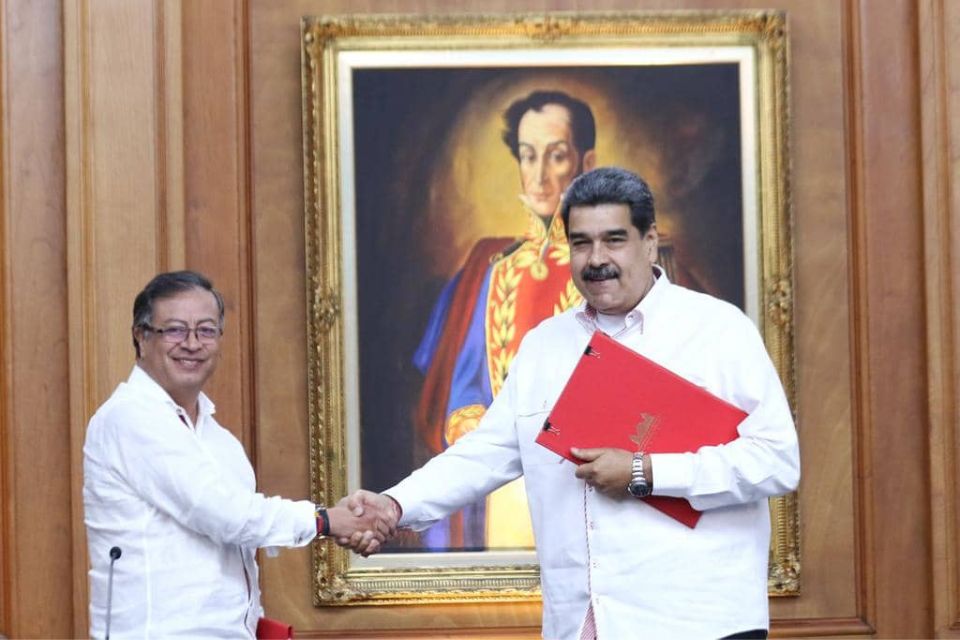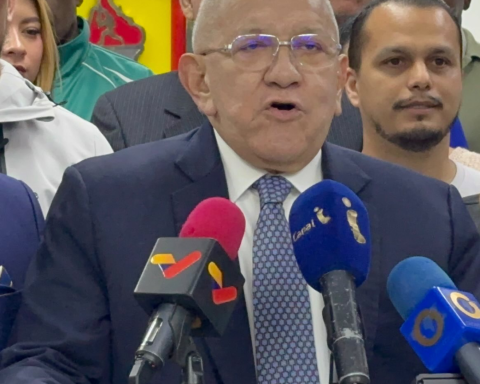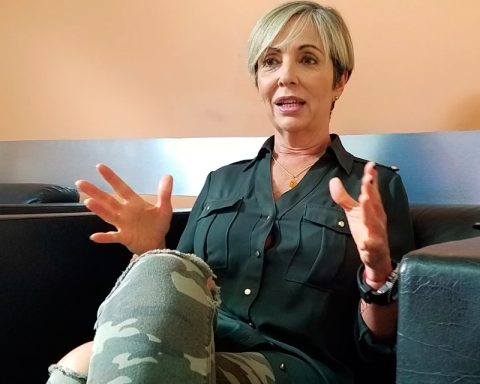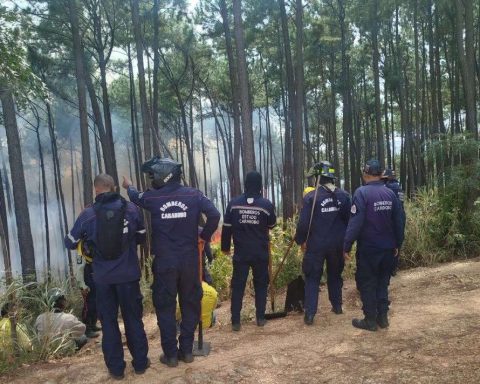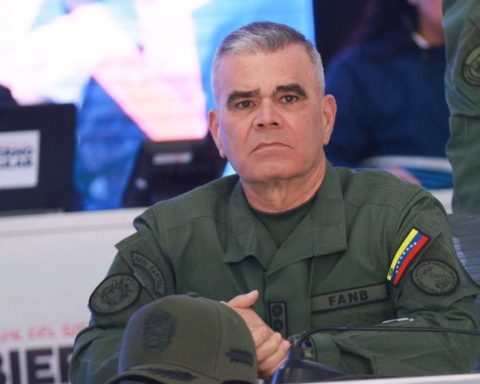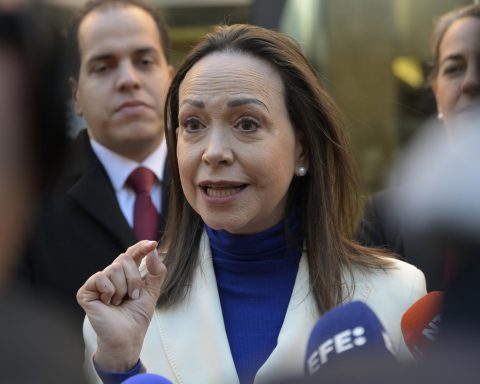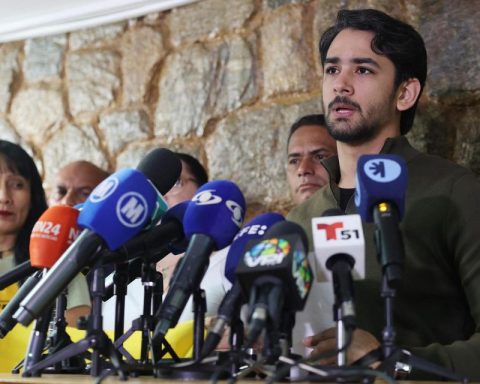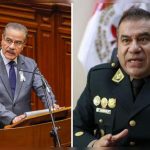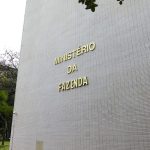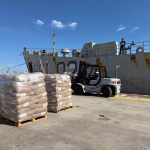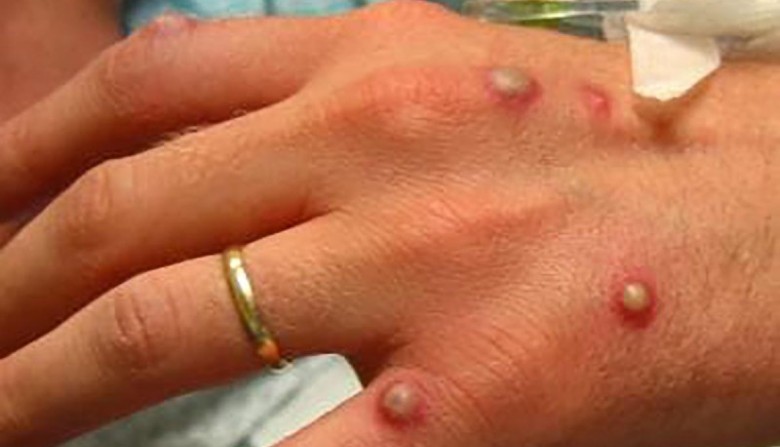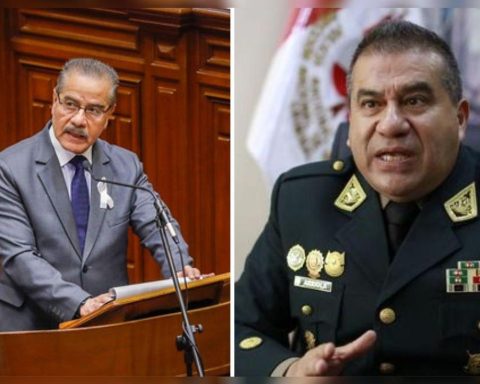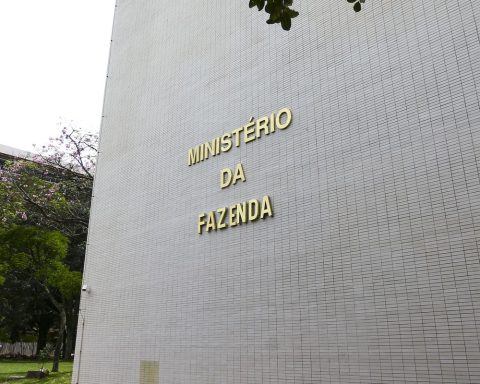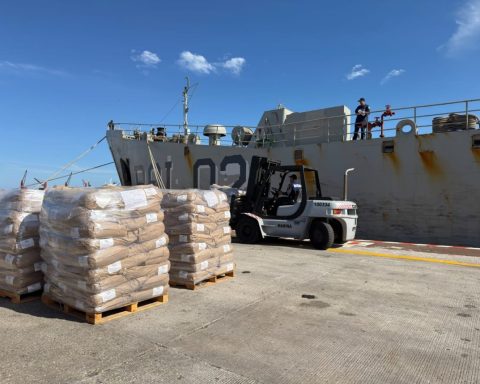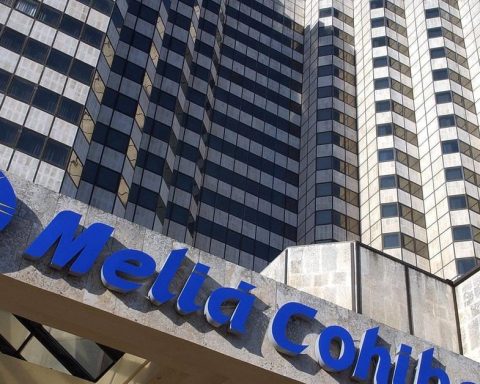President Gustavo Petro arrived in Venezuela at 1:40 pm to meet with his counterpart Nicolás Maduro. For six years the leaders of Colombia and Venezuela have not met after the breakdown of relations between these countries. The business meeting lasted almost four hours.
On the afternoon of this November 1, the Venezuelan ruler Nicolás Maduro and the president of Colombia, Gustavo Petro, signed a joint declaration at the Miraflores Palace (Caracas) with the aim of advancing in the restoration of relations between the two countries, broken since 2015.
On an official visit to Venezuela, the first since the opening of the border was announced, Petro reiterated several of his statements and claims related to the Maduro administration; among them, the “suicide” that represented breaking the rapprochement between the two countries, the problem of the trails and the re-entry of Venezuela to the Inter-American Human Rights System.
For his part, Maduro spoke about a “total opening” of the border between the two countries, which in just one month reported just over two million dollars in profits, the reincorporation of Venezuela into the Andean Community of Nations (CAN), of which is a founder, and cooperation in energy matters through the Monómeros – Pequiven relationship.
*Also read: Total opening of the border and “integration”, promises of the Maduro-Petro meeting
In total, there were 11 points expressed in the final statement which we detail below:
- The complacency and satisfaction for “the historic mission” of resuming binational relations, which had presented problems since the presidency of Juan Manuel Santos, in Colombia, and formally broken in 2019 after the recognition of Juan Guaidó as interim president by former Colombian president Iván Duke.
- The actions of “political will” of both governments to advance “towards union and peace” between Colombia and Venezuela. That “will” was materialized after the appointment of ambassadors, whose first step was taken by Petro appointed his collaborator Armando Benedetti.
- The “operational cooperation along the common border, for coordinated work in the fight against transnational crime that puts the border security of both nations at risk.” One of Gustavo Petro’s claims is the attack on binational trade through the trails, the illegal border crossings. Days ago he assured that “officials from there and here” accept bribes to allow this illegal business scheme.
- The “re-impulse and resolution of the critical knots in terms of land, air, river and maritime transport”. Since September 26, only heavy cargo and people on foot have been authorized to cross the border. Authorizations for commercial air operations have also been affected by the sanctions that weigh on Venezuelan companies such as Conviasa. Formally, only laser company It has permits to operate between both countries.
- «In terms of Energy and Mines; it was agreed to establish working tables between both parties to explore and establish new complementary schemes».
- The creation and/or activation of “joint border security mechanisms”. Already the Ministers of Security and Defense of both nations met in september and they promised to set up binational tables. One of these advances is expected to be the reactivation of the Binational Security Commission.
- Work to achieve an “active exchange in the agro-industrial, agricultural, agricultural and petrochemical sectors.” Colombia aspires to obtain the majority shareholding that allows it to control the company Monomeros Colombo Venezolana, owned by the state-owned PDVSA. This company generates a large part of the fertilizers needed by the neighboring country and Pequiven undertook, through an agreement, to continue sending raw materials.
- Reactivation of the “spaces for agreement and binational political dialogue, in addition to the establishment of a new cooperation map.” One of these may be the Binational Border Commission (Combifron)
- Appointment of consular officials from both countries. At this point it is necessary to take into account the reconstruction or fitting out of new headquartersas well as the search for personnel to advance in the consular attention of Venezuelans and Colombians.
- Gustavo Petro predicted the “greatest success” in the resumption of the negotiating table between the Maduro government and the Venezuelan opposition. He also put himself “at their disposal.” This negotiation, under the auspices of Mexico and the mediation of the Kingdom of Norway, has been paralyzed for a yearafter the Maduro administration’s claim for the extradition of Colombian businessman Alex Saab, whom they defend as one of their diplomats.
- Nicolás Maduro vowed “so that the central objective of total peace in Colombia is achieved.” Venezuela agreed to take part as guarantor at the negotiating table between Colombia and irregular groups, including the National Liberation Army (ELN) and the FARC dissidents.
Post Views:
568
